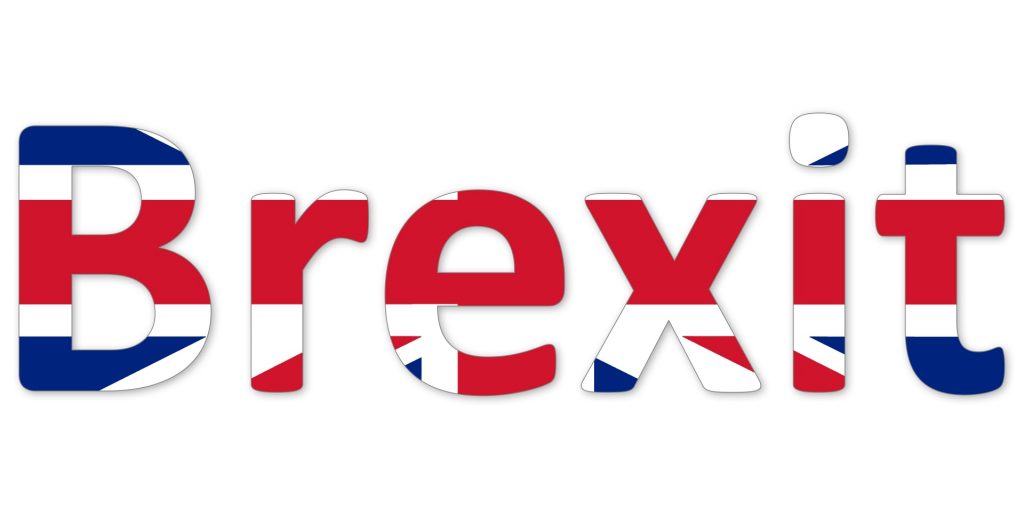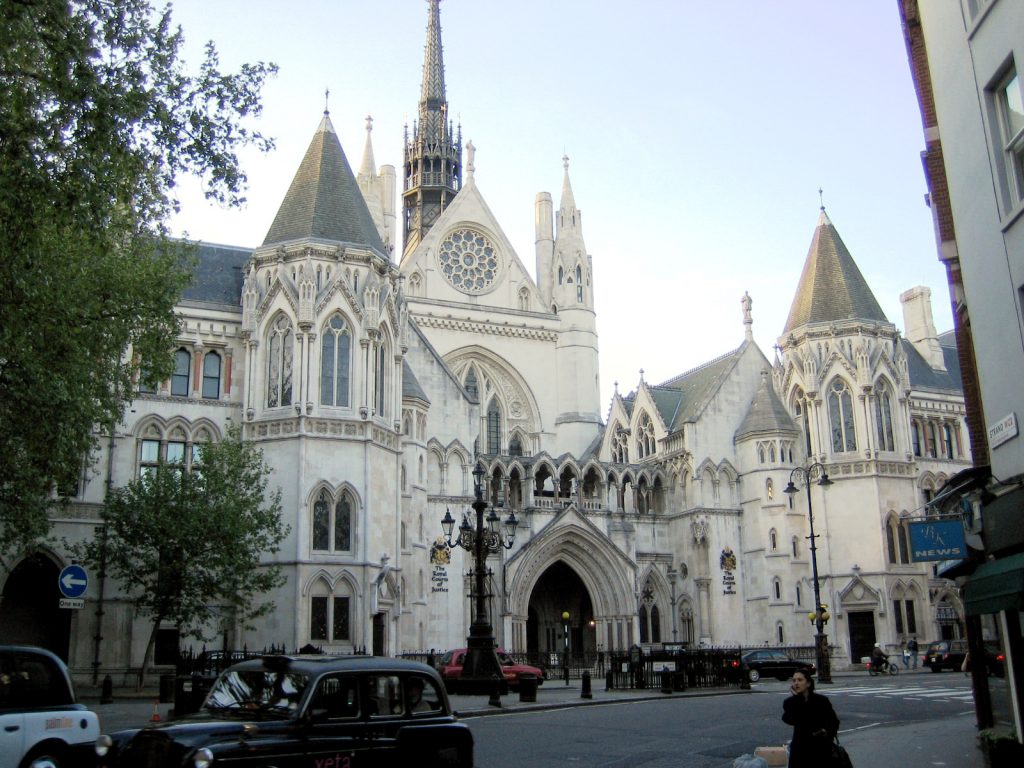
Tom Sperlinger is Reader in English Literature and Community Engagement at the University of Bristol.
A friend of mine recently posted a link on Facebook to a Wall Street Journal article, ‘Blue Feed, Red Feed’, which allows readers to pick a topic – Hillary Clinton, say, or abortion – and see how the ‘other’ side of Facebook is talking about it. My friend wrote:
“I and everyone I know (well, nearly everyone) finds Trump utterly disgusting, but this isn’t necessarily a good thing. For others worried that we all (mostly) agree with each other, this is a useful side-by-side comparison of liberal and conservative Facebook.”
I looked at the split screen on the topic of ‘guns’ and saw posts I recognised on the ‘blue’ side condemning Republican measures to reduce checks on those buying firearms. The ‘red’ side, meanwhile, included a link to a Federalist Papers website article criticising ‘leftists who don’t like guns’.
The divides that were exposed by Trump and Brexit are complex. Yet, in both votes, two sides emerged that were incomprehensible to each other and they split, above all, along levels of education. Continue reading













